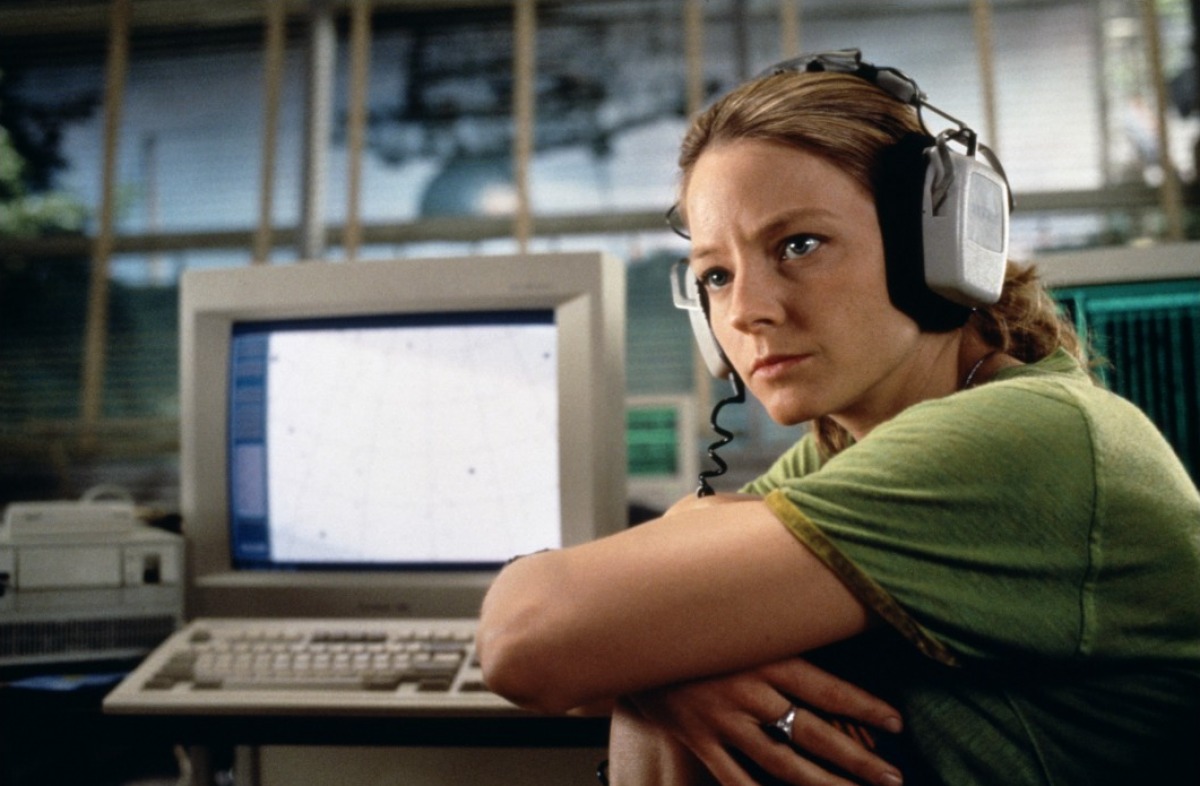Having developed empathy for one another, the humans of Star
Trek started to work together on big projects - ending poverty, eliminating
diseases, and exploring the final frontier.
This type of collaboration is very hard for us to do. Our
history is full of "tragedies of the commons". If no one person is
responsible for a resource, we deplete it (think of climate change or the shared candy
bowl at work). This gets back to the self-serving bias - we do what's in our
best interest, not the group's. The same is true of the prisoner's dilemma -
even when it is in our best interest to work together, most of the time we don’t.
Is there any way humans can overcome our biases and collaborate on a large scale? Yes, absolutely. It requires regulation,
small social groups, clear communication, superordinate goals, and
reinforcement.
To overcome common pool resource problems (like poverty),
some type of regulation is required. For example, a small portion of the world
cannot be allowed to use the majority of the planet's resources. It’s hard to imagine
global regulations being implemented now, but a unified world government, like
what emerged after Star Trek's World War III, could make it so.
Large social groups also need to be broken down into smaller
ones. This builds empathy and a
better use of resources. Maybe the few humans who survived Star Trek's
nuclear holocaust became accustomed to living in small groups and shared what
they had.
Trusted communication between groups cuts through
the prisoner's dilemma (just like the hotline between Moscow and Washington
during the cold war). I have no clue how they managed to do this in Star Trek after World War III –
Earth had limited infrastructure and no governments. Maybe the Vulcans lent
humans communicators?
Requiring groups to work together and accomplish
superordinate goals is one of the best ways to reduce competition. This was
famously demonstrated in Muzafer Sharif's robbers cave study - groups of boys who hated each other learned to get along when they had no choice but to cooperate.
Remember how connected the world felt when Neil Armstrong landed on the moon?
Now imagine a space project that requires participation from the whole planet. Working on such a project could easily unite humanity (especially if
we've just discovered the existence of alien life).
Lastly, cooperation and responsibility must be rewarded
(just like H.O.V./carpool lanes). While the possibility of advancing science,
developing new technologies, and improving quality of life sound great, psychology
maintains that people do what is in their best interest, not what is in the
best interest of groups. Somehow, Star Trek figured out a way to encourage
people to "work to better themselves". This is the key ingredient to
creating a utopia. Just meeting aliens won't encourage us to work
together - we need concrete rewards for cooperating.
3) Empathy for aliens.






















